Spinach
Spinach is one of the winter vegetables. It is a winter vegetable that is rich in nutritional value and antioxidants. Spinach is rich in calcium, iron, and folic acid. Therefore, spinach plays a special role in preventing arthritis and osteoporosis in our body, as well as heart disease and colon cancer. The essential elements of spinach prevent cancer in our body, especially skin cancer. Moreover, spinach contains a lot of vitamin C, which strengthens bones and helps maintain a sound cardiovascular system and mental health in the body.
Cauliflower
A very delicious winter vegetable is cauliflower. This cauliflower contains the necessary amounts of vitamins A, B, and C. Apart from this, it also contains sufficient amounts of iron, phosphorus, potassium, and sulfur. Cauliflower is high in iron. Iron plays a vital role in making blood in our body. Cauliflower is generally a very beneficial vegetable for pregnant mothers, growing children, and those who do excessive physical work. Cauliflower does not have any fat content. Therefore, cauliflower is cholesterol-free, which is helpful for the growth and development of our bodies. Cauliflower is especially useful for reducing the risk of stomach cancer. In addition, cauliflower plays a special role in the prevention of bladder and prostate cancers, as well as breast and ovarian cancers. In the body. The necessary amount of vitamins A and C in cauliflower plays a significant role in the prevention of several winter illnesses, including fever, cough, cold, and tonsillitis.
Radish
Another very well-known winter vegetable is radish. If you want, you can eat radish both raw and cooked. Radish contains a lot of vitamin C. The most interesting thing is that the amount of vitamin in this radish leaf is almost six times more. Radish helps prevent various cancers in the body. Beta-carotene in radish reduces the risk of heart disease to a large extent. It reduces our body weight. Radish helps in eliminating ulcers and indigestion. It inhibits the development of stones in the kidneys. And the gall bladder in our body. Radish also plays a significant role in increasing our eyesight and enhancing the beauty of the skin.
Carrots
Carrots are a very nutritious, delicious winter vegetable in our country, which you can now find in the market almost all year round. Carrots can be eaten as a curry or salad. Carrots contain a lot of beta carotene, which keeps our eyesight good. Other ingredients play a special role in preventing intestinal cancer and even relieving constipation. Carrots contain essential carotenoids, which increase the brightness of our skin. Mixing honey with carrots and applying it to the skin can remove dead skin cells, making the skin brighter.
Tomato
Tomato is a popular vegetable among all of us. This calorie-rich tomato contains a lot of vitamin C, which plays a special role in the formation of your teeth and bones. Tomatoes can be eaten in both raw and ripe states. The vitamin C in tomatoes helps remove skin and hair roughness to a large extent and improves cold-related diseases. It is possible to prevent any skin disease in our body, especially scurvy, to a large extent. Tomatoes contain a lot of antioxidants that help protect against the harmful ultraviolet radiation released by the sun. An essential ingredient in tomatoes is lycopene, which makes our body's muscles very strong, prevents body decay, makes our teeth stronger, and nourishes the eyes.
Beans
Beans are a winter vegetable. We all like to eat beans to some extent. Beans are delicious, nutritious, and a good source of protein. It is mainly consumed as a vegetable, and its dried seeds are eaten as pulses. The mature seeds of this winter bean contain a lot of protein and fat. The fiber-like part of the bean helps in digestion and eliminates constipation to a large extent. Beans generally reduce the incidence of diarrhea. They reduce the level of cholesterol in the blood to a large extent, which reduces the risk of heart disease, and increases the strength of the stomach and spleen. They address various health issues in women, including leukorrhea, and provide nutrition to malnourished children. Bean flowers can usually be used to treat blood dysentery.
Broccoli
Broccoli is a very new vegetable in our country. Broccoli or green cauliflower is a cabbage-like vegetable. Broccoli is currently being cultivated in large quantities in our country as a winter vegetable. Broccoli contains a lot of iron and calcium as nutrients. Broccoli is a very delicious and nutritious vegetable to eat. Broccoli is not just a vegetable; it has many health benefits. It helps in eliminating symptoms of eye diseases, night blindness, bone deformities, etc., and helps in increasing the immunity against various diseases. Broccoli eliminates constipation to a large extent.
Cabbage
Cabbage is a delicious vegetable among winter vegetables. Cabbage contains a lot of vitamin C. This vitamin C can eliminate various bone problems. Moreover, the vitamins present in cabbage keep our bones strong and sturdy. Those who eat this winter vegetable regularly are protected mainly from age-related bone problems. If you want to diet, then eat cabbage regularly because cabbage is a food that helps in losing weight. That is why cabbage has a lot of fiber. For those of you who want to lose weight, there is no alternative to eating salad regularly. And if you wish to, from now on, keep cabbage with your daily salad. This will be beneficial for you. If a salad contains a lot of cabbage, it does not necessarily mean it increases the number of calories. Cabbage can prevent the incurable disease of ulcers. Cabbage is no match for our body in preventing stomach ulcers and peptic ulcers.
Coriander
Even though coriander can be found throughout the year, it is traditionally considered a winter vegetable. The leaves of coriander are rich in Vitamin C, Vitamin A, and folic acid, all of which are vital for the health of our skin. These vitamins in coriander provide daily nourishment to your skin, prevent hair loss, and protect the soft parts inside your mouth. It fights against the incurable disease of the oral cavity, cancer. Vitamin A in coriander leaves nourishes our eyes, and coriander leaves play a special role in eliminating night blindness. This cholesterol-free coriander helps fight fat in our bodies. The iron in coriander leaves is essential for blood production in our bodies, and they also play a significant role in maintaining blood cleanliness. Also, coriander leaves contain a lot of vitamin K. Coriander leaves, which are rich in vitamin K, strengthen our body by eliminating bone fragility. But the interesting thing is that eating coriander leaves raw is more beneficial than cooking them. There is a type of brain disease in our body called Alzheimer's, in which coriander leaves play an important role. Coriander leaves are beneficial in eliminating chapped lips, colds, and fevers during winter.
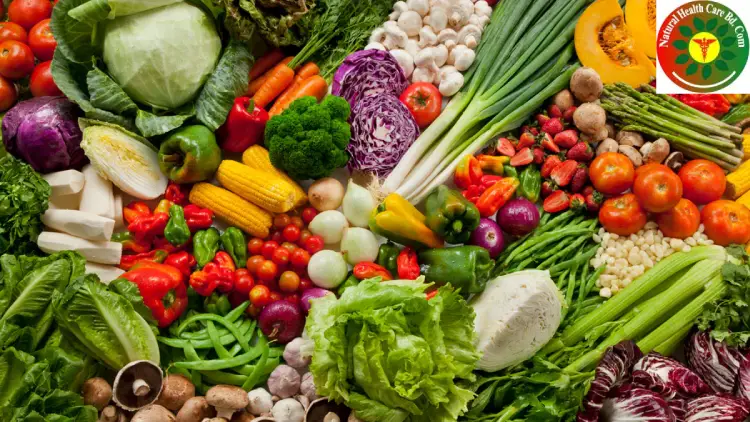
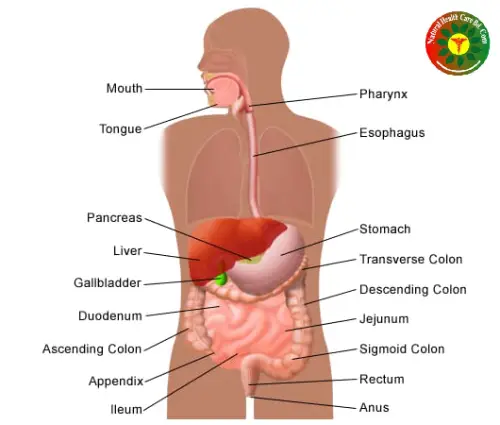
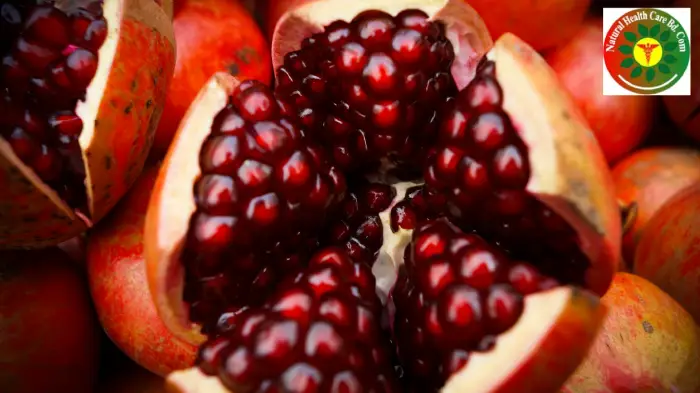
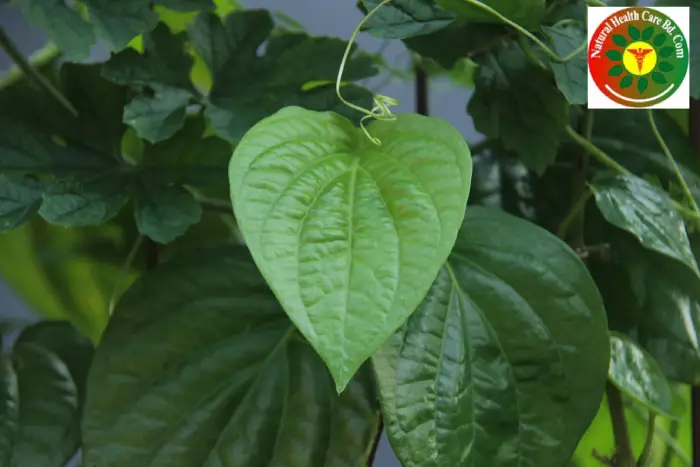
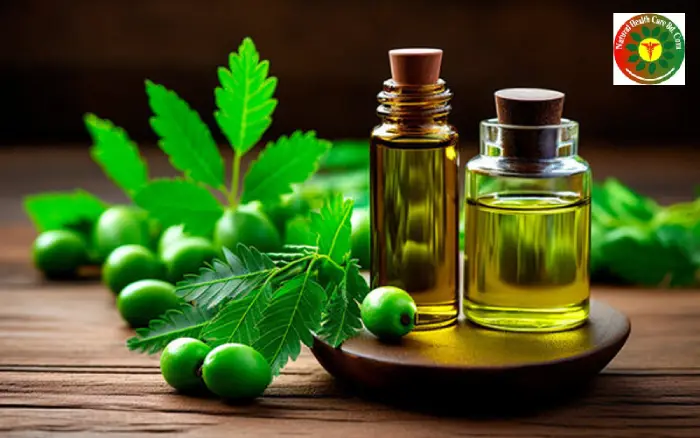
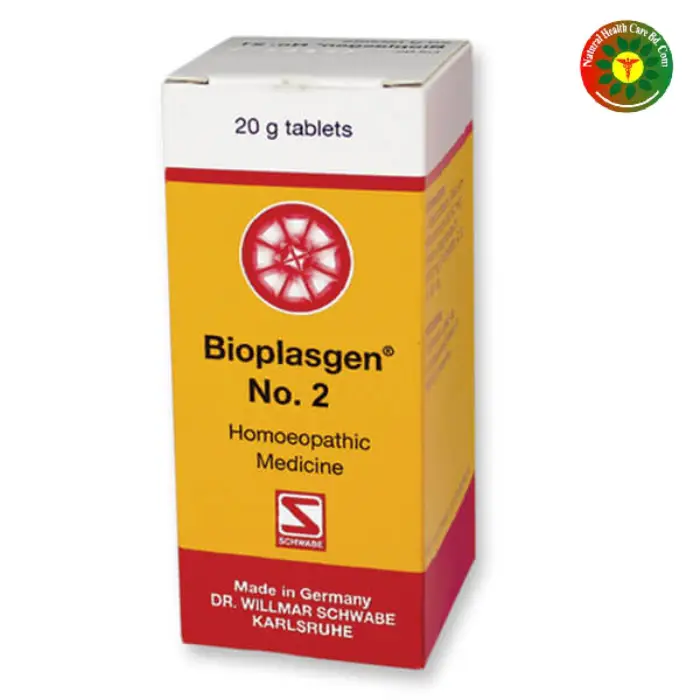
0 Comments